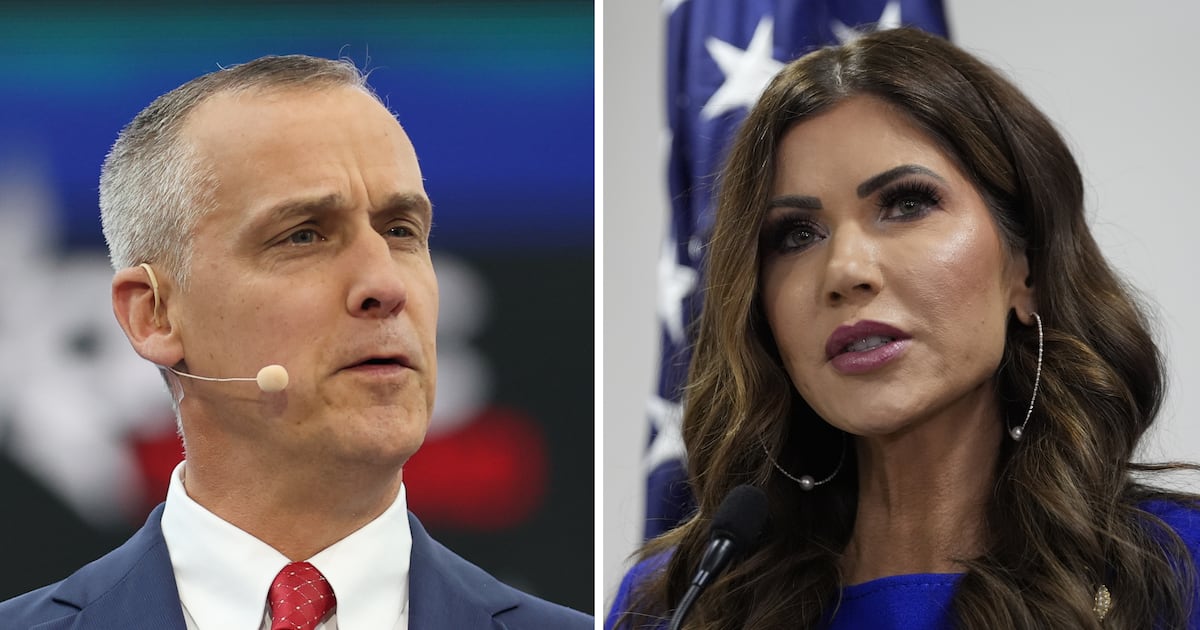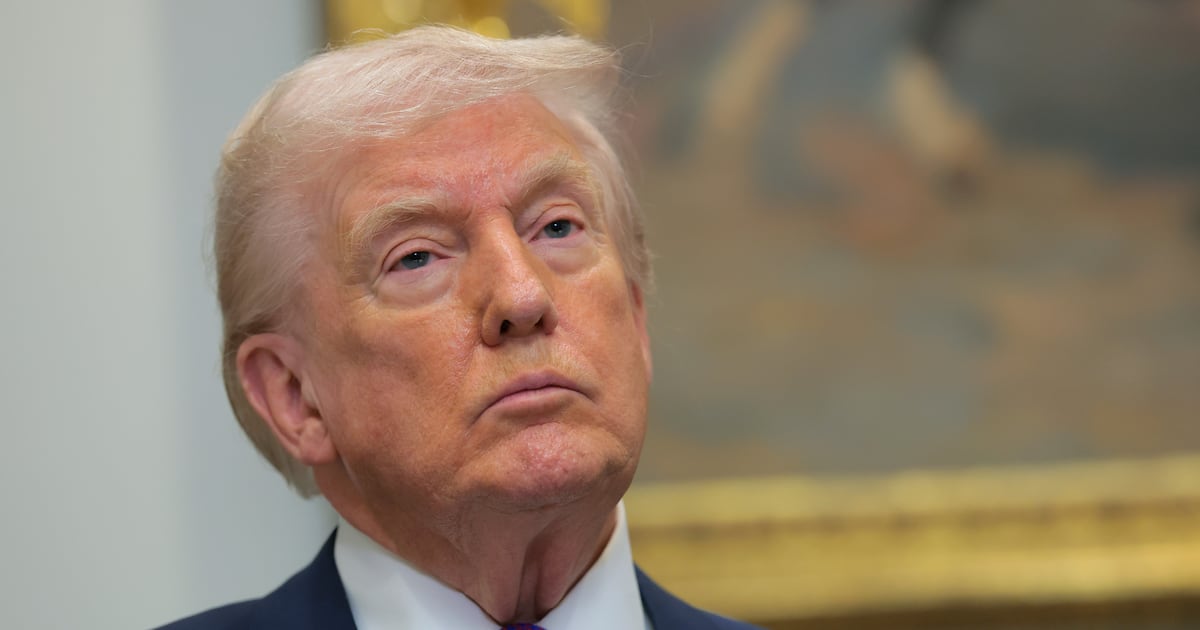PARIS — He was “the most wanted” man in Europe—the only survivor among the terrorists who carried out the horrific attacks on Paris cafés, a sports stadium, and the Bataclan concert hall that slaughtered 130 people on November 13 and changed the face of American as well as European politics.
When news broke that Salah Abdeslam was shot in the leg and captured along with four alleged accomplices in Brussels today, U.S. President Barack Obama called Belgian Prime Minister Charles Michel to congratulate him on what quickly was billed as a triumph in Europe’s war against terrorists.
In fact, this is only a small milestone on a very long road toward security on the Continent. From what we know about Abdeslam thus far, he was a minor player in a monstrous incident. He helped by renting cars. He collaborated with one of his brothers, who blew himself up at a Paris café, and it appears he was supposed to immolate himself in the same fashion, but chickened out.
Instead, Salah Abdeslam called friends in the immigrant-filled quarter of Brussels known as Molenbeek where he had grown up, and had them drive him back across the border.
For four months, Abdeslam’s picture has been plastered all over Europe and the world. He was rumored to be in Syria, where the Paris attacks were plotted, and where he’d be out of reach of police (although not of U.S. and allied drones and smart bombs).
But it now appears Abdeslam just went back to his ‘hood.
In Brussels, security already was heightened because of the German Marshall Fund Brussels forum and a summit of European leaders working out a deal with Turkey to stanch the flow of Syrian and other refugees into Europe.
At the forum, Belgian police rushed the U.S. ambassador to the European Union, Anthony Gardner, away from the event as the news broke, only to let him return later, saying they’d had a false alarm.
At the summit, French President François Hollande was at first reluctant to confirm that Abdeslam had been caught, but later said his extradition to France should be swift.
U.S. and European officials expressed relief that the suspect was caught, but also concern that he was hiding in a small community and geographic area that had been searched multiple times. More than one official said locals must have known he was there.
Three of the five people arrested on Friday night were members of a family that allegedly helped to hide Abdeslam.
Belgian and French police, it now appears, had been closing in on Abdeslam for several days in an atmosphere of growing urgency. When The Daily Beast asked a source close the French prime minister this week when the government expected the next major attack here, or at least an attempt, the answer was one word: “Soon.”
With Abdeslam in custody, police and intelligence officials are hoping he’ll prove a source of vital information about the Paris attacks, the mastermind or masterminds behind them, and the traffic in people and arms between the so-called Islamic State and Western Europe.
Certainly, interrogators should be able to glean enough from Abdeslam to begin dismantling the network of terrorist supporters in Brussels who helped him hide since November.
The dragnet had been tightening Abdeslam for at least the last several days.
On Tuesday afternoon in Brussels, when four Belgian and two French police knocked at the door of a building in the Forest neighborhood, they were greeted with blasts from a shotgun and a Kalashnikov.
A police sniper took out the man with the Kalashnikov, later identified as an Algerian living illegally in Belgium. But two other people in the building managed to flee. Investigators who thought one might be Abdeslam had their suspicions heightened further when his fingerprint and DNA traces were found in the building.
According to the Belgian federal prosecutor’s office, Abdeslam was arrested at about 4:40 p.m. when police went to search a house on Rue Quatre-Vents. He was, the prosecutor said, “slightly injured in the leg during the operation and was transferred to a hospital.”
The police also arrested a man with several different aliases, Monir Ahmed Alaaj, a.k.a. Amine Choukri, who also was slightly wounded. Choukri and Abdeslam had been stopped, questioned and fingerprinted in Germany in October, several weeks before the Paris attacks. Choukri’s prints had been found in a known terrorist safe house as well.
After the shootout on Tuesday, police had found a fake Syrian passport in the name of Alaaj, and fake Belgian identity card in the name of Choukri.
The prosecutor assured the public that the investigation is continuing “night and day.”
—With Kimberly Dozier in Brussels and Nadette De Visser in Amsterdam






